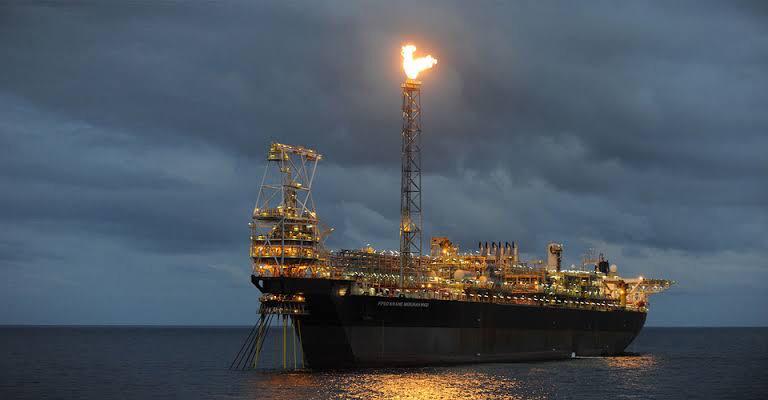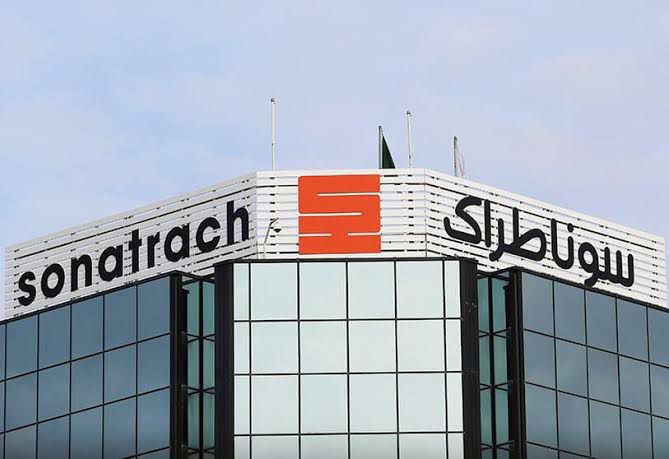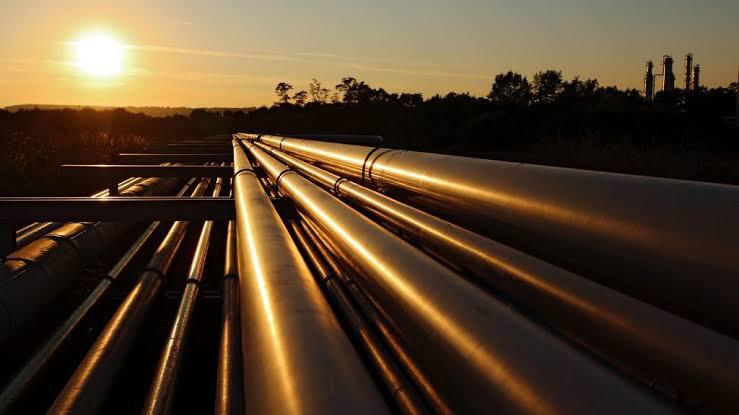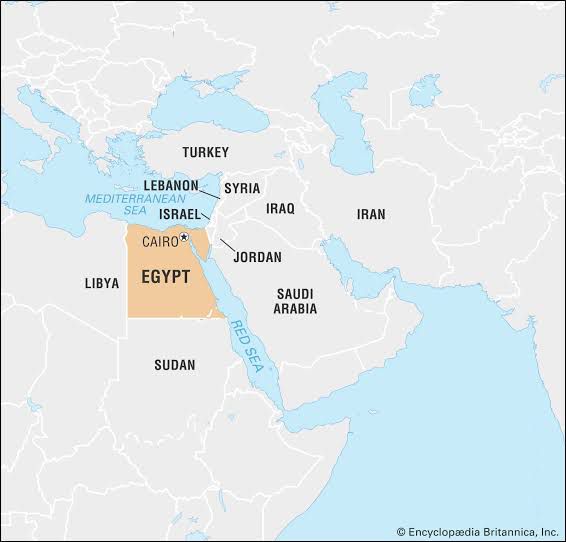The National state-owned oil company of Algeria, Sonatrach, has started to use the R-OB1 oil pipeline again.
The pipeline subsidiary of the company carried out work on the transfer link that runs for 164 kilometres from the AP3 pumping station at M’sila to the SP13 station in the Bejaia province.
The company said all the necessary steps required to safely and securely carry out the process has been taken and the usage of the new link will allow throughput to reach 280,000 barrels per day (14 million tonnes per year).
The pipeline was first installed in Algeria in 1959 with a total length of 668 kilometres. The pipeline is used to transport oil from Haoud-El-Hamra centre, near Hassi Messaoud, to a marine terminal on the Mediterranean coast.
The new hydrocarbon law passed by Algeria at the end of last year has been fulfilling its goal of attracting investment to the energy sector again. Several companies have expressed interest in the Algerian energy sector. Below are some of the recent activities on Sonatrach in its journey to the resurgence of the North African country’s oil sector:
In June, the state-owned company inked an agreement to extend their Liquefied Natural Gas (LNG) deal by additional three years.
In July, Sonatrach and Compañía Española de Petróleos, S.A.U. (Spanish Petroleum Company – Cespa) signed a Memorandum of Understanding (MoU) to analyse joint growth opportunities in the exploration, development and production of hydrocarbons in Algeria and abroad.
Also, in July, Sonatrach and ENI signed an MoU to expand collaboration in upstream activities in the country and discussed on other ongoing projects in the Algeria.
Most recently, last month, Wintershall Dea signed a Memorandum of Understanding (MoU) with Sonatrach to open up for the joint exploration of the opportunities of the upstream sector in Algeria.



